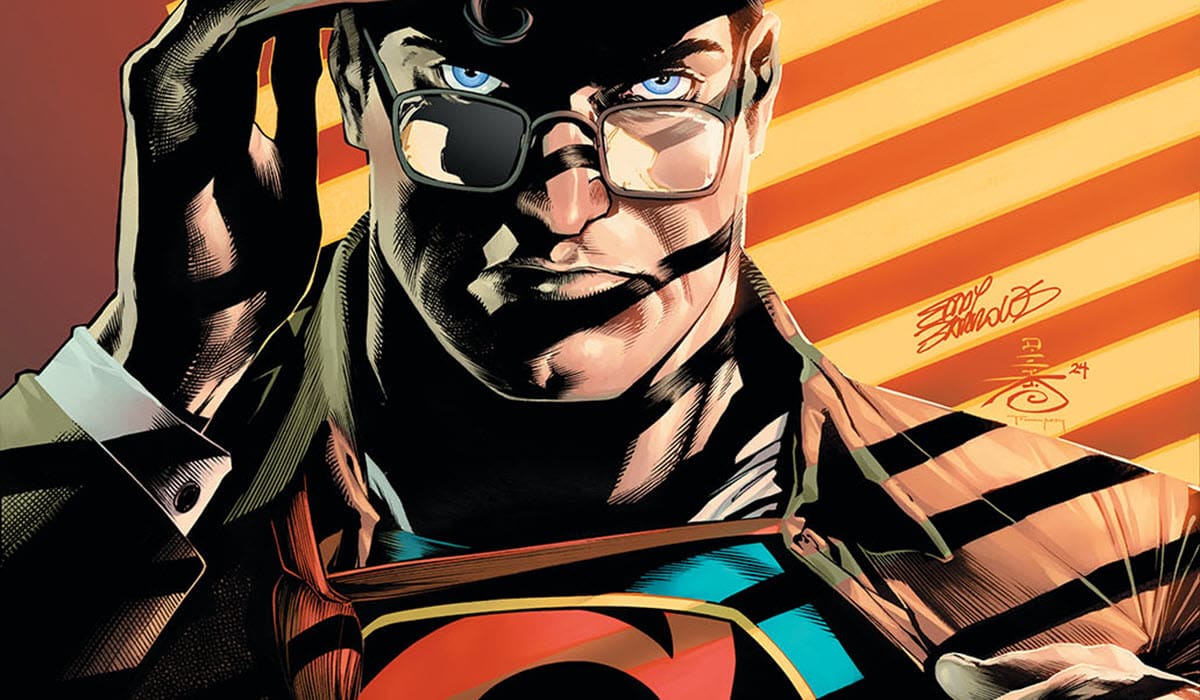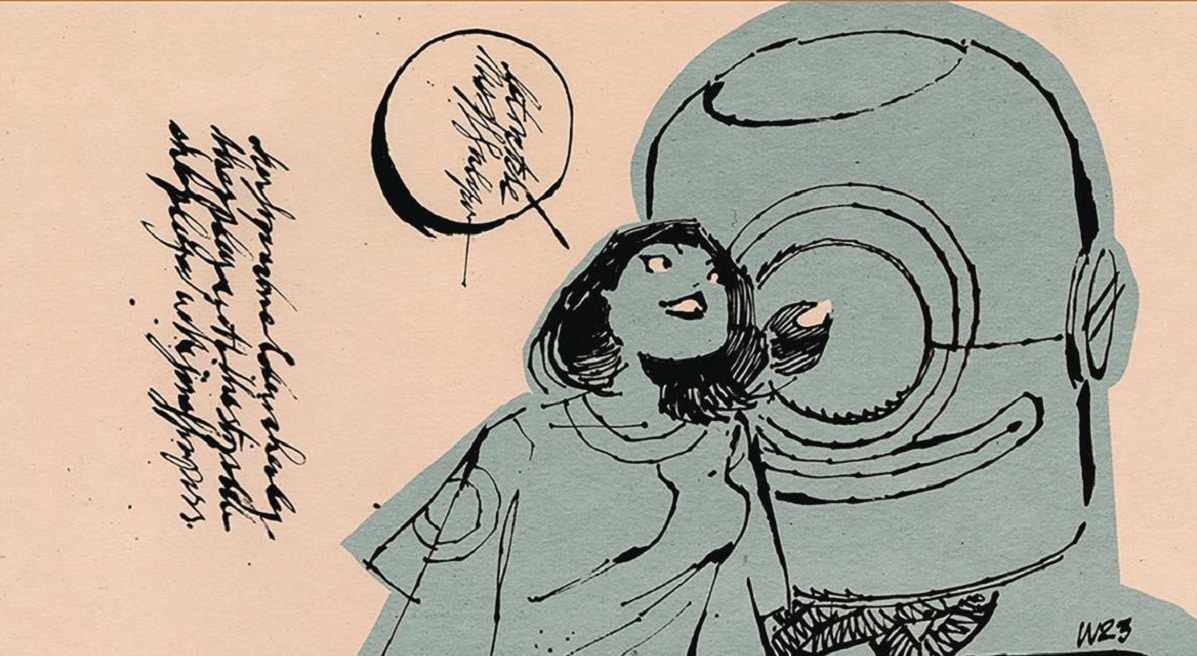If you read The Ankler, Richard Rushfield’s Hollywood insider newsletter you know every time he writes about whats up at the WB he refers to “the coming of the Telephone People”, aka the planned merger between ATT and Time Warner to make the biggest media company in the history of the universe, a gilded, crackling giant of content and platform and delivery that makes Optimus Prime look dinky.
When the plan was announced, back in the Elysian Fields of mid 2016, even then there was some concern that this giant was TOO DAMNED BIG. On the campaign trail, one Donald Trump actually promised to halt the deal, as part of his populist swamp draining rhetoric.
Since then, the Trump’s beef with CNN has only grown – I won’t bore you with the tweets and threats but it’s safe to say that CNN’s news reporting has not pleased the president.
So then, I kept waiting for the hammer to drop on the merger. While it hasn’t been kiboshed yet, it seems that the path forward has gotten a few obstacles , as Variety reports:
The chief financial officer of AT&T told an investor conference on Wednesday that the timing of closure of its massive acquisition of Time Warner is “now uncertain” as the Justice Department scrutinizes the transaction.
“The timing of the closing of the deal is now uncertain,” John Stephens, senior executive vice president and CFO of AT&T, said at the Wells Fargo conference in New York. He declined to comment on the substance of the discussions with Justice Department lawyers.
Rumors about the deal had been swirling since last week. And what is the nature of the problem with the deal?
While it is unclear what the Justice Department has been focusing on, there has been concern among rivals that AT&T could withhold Time Warner content from rivals or gain unfair leverage in carriage negotiations. In August, an economist hired by Starz unveiled a study that argued the merged firm would have the “incentive and ability” to “foreclose” HBO competitors from AT&T’s subscribers. The study was co-authored by Jeffrey Eisenach, who led Donald Trump’s transition effort at the FCC.
The merger was definitely worthy of close scrutiny even before the presidency became a scary reality show, but it does seem a bit uncertain now, as former Trump advisor Ken Blackwell wrote:
Unfortunately, the power of these biased corporate media giants may only get more powerful under the pending mega-merger of AT&T and CNN’s parent company, Time Warner. President Trump said last year that this deal would put “too much concentration of power in the hands of too few” and promised to block it; yet there’s been dangerously little attention paid to a corporate marriage that would make two massive global media conglomerates even bigger. Grassroots conservatives remain hopeful that President Trump remembers his campaign pledge to stop this deal. Many conservatives have warned about the dangers of this merger because of that concentration of power. My friend Larry Kudlow, a noted free market champion who would normally be loath to call for government to stop a merger, has raised significant concerns about one company controlling cable distribution and key channels. “In other words, owning the content and owning the pipes may go too far,” Larry said.
While the deal may still go through, it certainly throws WB’s future into even more uncertainty. And makes the Justice League movie, opening in just a few scant days, even more crucial.








This is excellent news for anyone working at WB. I was one of the head infrastructure engineers for about 10 years at AT&T and it is the single worst run company in the world. The entire company is built on yes men backstabbing each other trying to gain favor from people in charge. Meanwhile, the technology inside is hopelessly outdated and falling apart,
AT&T doesn’t even know how to run a phone/technology company. The WB merger would have killed WB.
Amy politics aside, there is nothing good about this potential merger. Literally, the most despised companies in modern life are cell phone companies and cable/internet companies. There’s a reason that cord cutting is a thing. People hate the constant changing of terms, rate hikes, channel drops, terrible customer service, fine print, and now additional a la carte streaming services from those same companies. It’s all a move to be the one company standing, customer be damned. Who’s better off because of the Dish/AT&T merger, or the last Comcast merger?
Comments are closed.